 1
comments
|
Friday, November 30, 2007
1
comments
|
Friday, November 30, 2007

Tomorrow across the globe millions of people will be observing World Aids Day. Since the beginning of the epidemic in the early 80's HIV/AIDS has claimed the lives of over 30 million people. Once considered to be a disease that only affected white gay men in the largely populated cities of San Francisco, Los Angeles, and New York, HIV/AIDS has now positioned itself to become the third leading cause of death in the United States.
In the spring of 1981 doctors were diagnosing a rare outbreak of Kaposi Sarcoma in otherwise healthy young gay men. The disease that was ravaging their bodies was given the name G.R.I.D.(Gay Related Immune Deficiency). Fear and pandemonium spread across the country like a wildfire.
Doctors were unsure of how the disease was transmitted and the lack of knowledge led to widespread fear of contracting HIV/AIDS from mere casual contact.
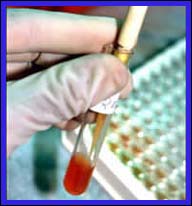
If the virus didn't kill those infected quickly, the emotional stress and social isolation definitely took a toll on those infected with the virus. Fundamentalists such as Jerry Falwell and Pat Buchanan used this as an opportunity for political gain and to demonize the gay community by leading the majority to believe that AIDS was a punishment from God to all homosexuals. This was the beginning of the culture war spearheaded by the religious right.

President Ronald Regan allowed 6 years to go by before he even addressed AIDS to the nation in May of 1987. Thousands of deaths had occured and new infections were on the rise. With no cure in sight and only one medication on the market, AZT turned out to be as bad if not worse than the virus itself.
Fast forward to the early 90's. The public's fear of contracting HIV/AIDS casually has subsided and the facts about transmission are clear. Notable celebrities such as Magic Johnson disclose their HIV status and Tom Hanks wins an Oscar for his portrayal of a person dying from AIDS in the film Philadelphia. AIDS begins to have a face and it starts to look less like the stereotypical white gay man and more like the person you see in the mirror.

Luna
In 1996 the FDA approved the first effective combination therapy and the number of AIDS related deaths began to decrease dramatically. AIDS was no longer considered to be a death sentence.
But with the development of life saving drugs, complacency soon followed. Today HIV/AIDS is a Black disease that's infecting women and Black gay men at alarming rates. There is a pandemic in Africa but if we don't committ ourselves to eradicating this virus here as well as abroad we could be facing a new challenge right here at home.

Last night I had the opportunity to chat with Larry Bryant , National Field Organizer for Housing Works in D.C. and a 21 year HIV survivor. I first met Larry at The Campaign To End Aids Youth Action Institute in Chicago. Although he comes across very shy in person, the moment he opens his mouth to speak he exudes the kind of wisdom and self love that can only be attained after you've been through something and lived to tell your story.
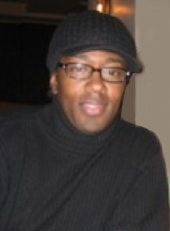
My Interview with Larry Bryant
Darian: When were you diagnosed Larry?
Larry: I was diagnosed with HIV in 1986. I'd given blood and The Red Cross informed me that I'd contracted HIV.
Darian: How did you react when you heard the news?
Larry: My initial reaction was disbelief and shock. When I was diagnosed this was a disease that the media led people to believe only affected white gay men and at the time the doctor only gave me nine years to live.
Darian: Did you attend a support group to deal with your status?
Larry: At the time I didn't lean on anybody. They didn't have the pre & post test counseling they have now, and I wasn't encouraged to attend a support group. I was given a pamphlet on HIV/AIDS and told to have a good day, and given the stigma that was attached to the virus I probably wouldn't have gone.
Darian: Prior to contracting HIV how much did you know about the virus and did you believe you were at risk?
Larry: The most I knew about the virus is what I was reading in the newspaper. The images I saw were people in their last stages of life. Rock Hudson revealing he had AIDS and appearing borderline emaciated on television. Overall it was still considered a white gay male disease.
Darian: Do you find that most people assume you're gay when you disclose your HIV status?
Larry: I'm secure with myself, so people's perceptions don't affect me. I just let people believe what they want because we know a person's orientation has nothing to do with their HIV status. I don't go out of my way to let people know I'm straight. I think it's more important to let people know that I'm human.
Darian: Looking back do you think you could have protected yourself better?
Larry: Yeah, looking back I think there's always more that you can do. Becoming HIV positive is not a measure of your promiscuity, it only takes one time.
Darian: What advice can you give to someone who is newly diagnosed?
Larry: Take a deep breath and don't allow yourself to die spiritually when you hear the news. HIV/AIDS is not a death sentence. Get into a support group, if you're not strong enough to handle the diagnosis on your own then surround yourself with people who are strong. Plan for the future and get on with life.
Darian: Thanks Larry.
HIV/AIDS Resources
Black Aids Institute
POZ
The Body
Gay Men's Health Crisis




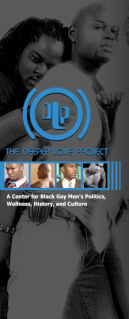

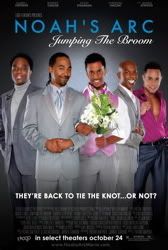
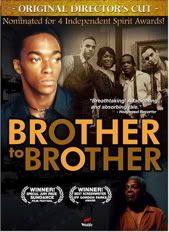
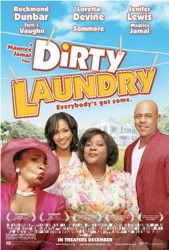
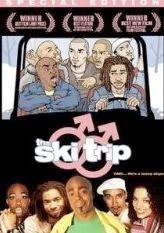
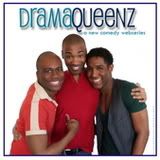
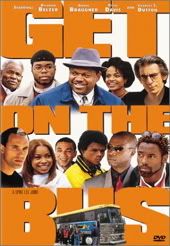
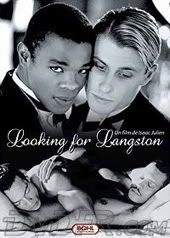
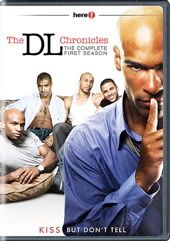

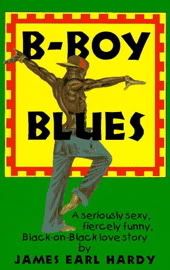
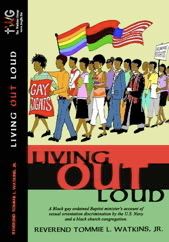
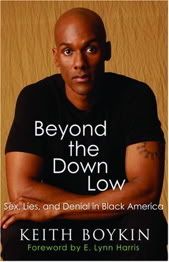

1 Comments:
This comment has been removed by a blog administrator.
December 08, 2006 4:09 AM
Post a Comment
<< Home